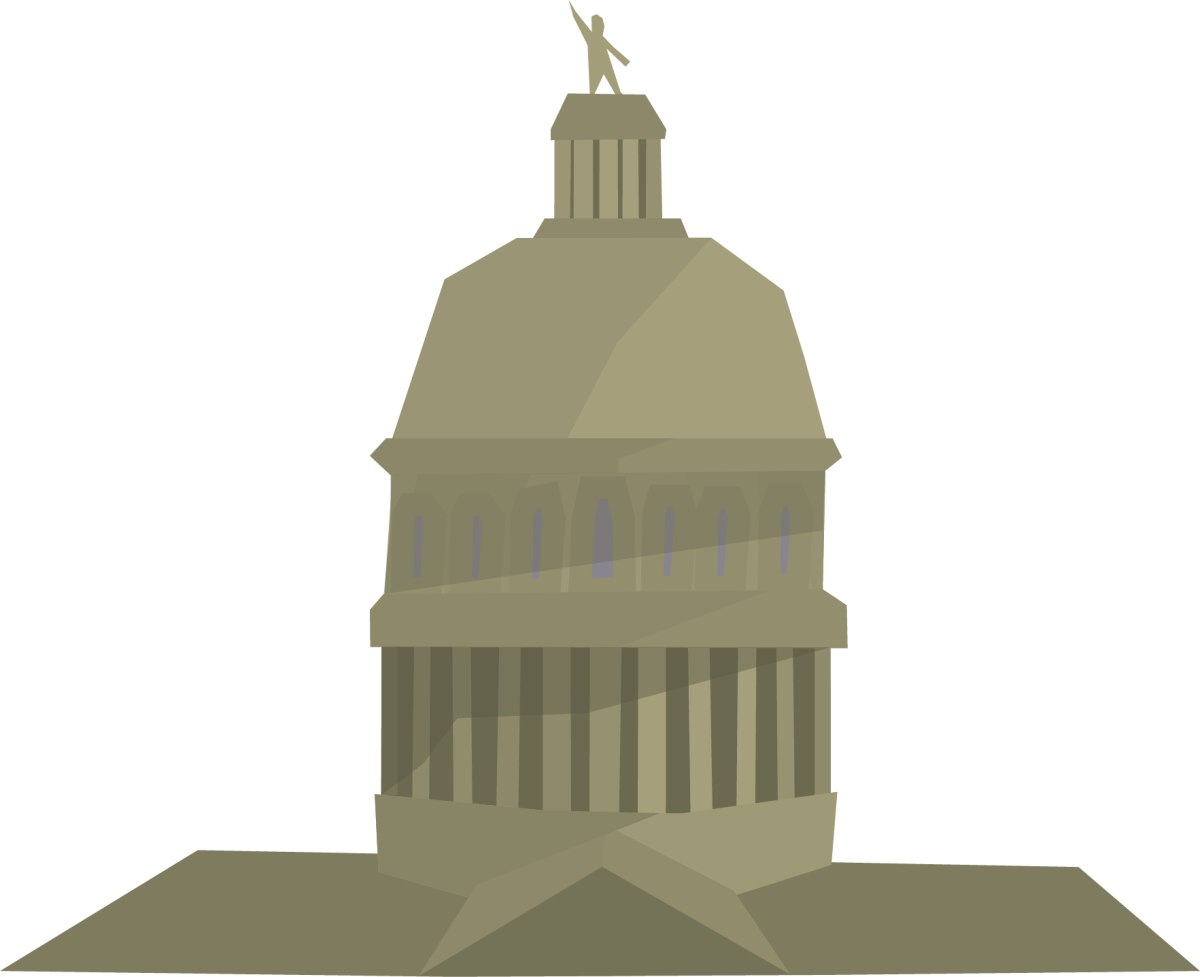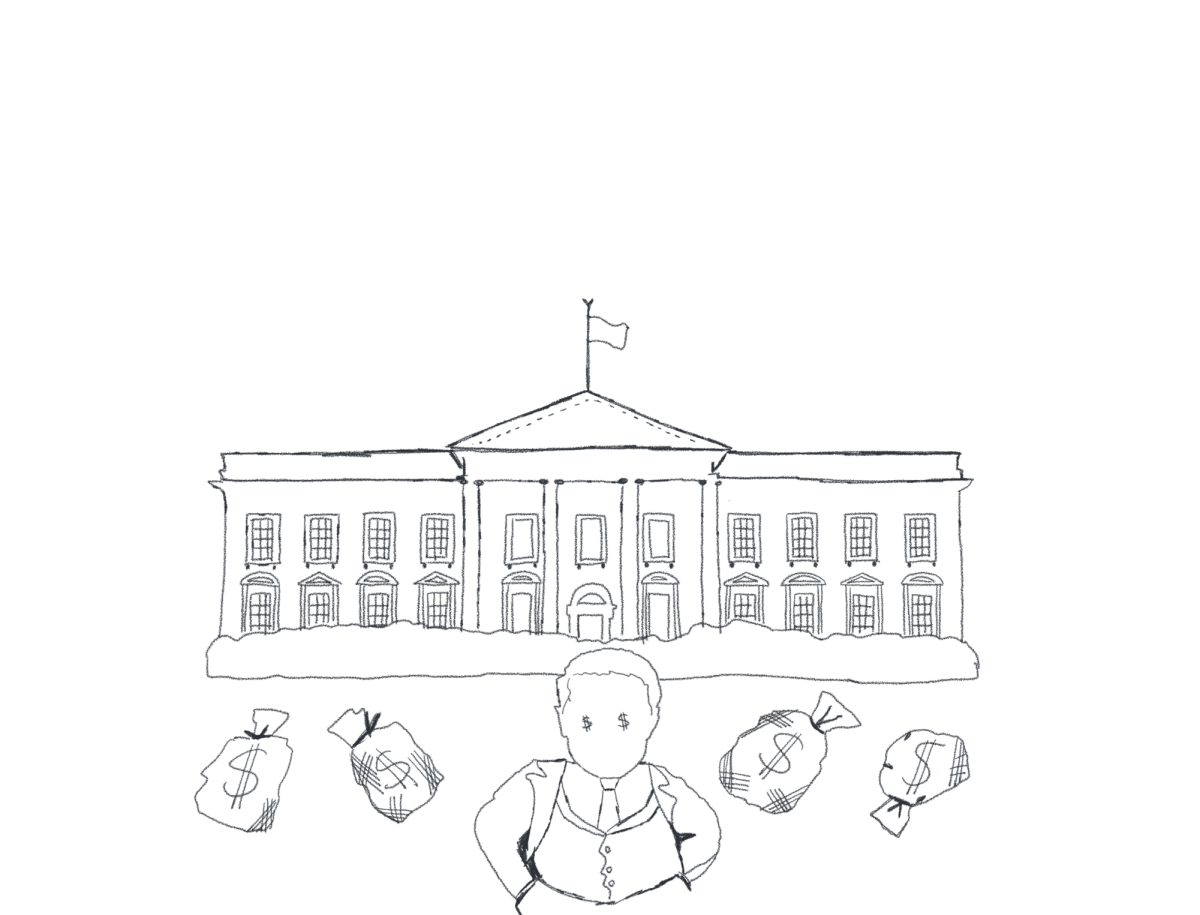As Texas lawmakers prepare for the upcoming 2025 legislative session, a range of critical issues are expected to dominate the state’s political discourse. With a projected budget surplus and major decisions on the table, many issues remain up in the air on how elected representatives will tackle long-standing concerns including education reform, healthcare access, and fiscal policy.
The Texas legislature is composed of the Texas House of Representatives and the Texas Senate. The Senate contains 31 members and the House has 150. At this time, the Republican party holds the majority in both the House and Senate. The legislature sessions only meet in odd-numbered years for roughly six months, unless a special session has been called. The upcoming session will start on Jan. 14 and run until June 2. It will be held at the Texas capitol in the heart of downtown Austin. One of the most important elements of any legislative session is the state budget, and Texas, like all states, is required by the Constitution to pass a two-year budget that controls the funding for all programs around the state. This process will be a focal point in the 2025 session.
Bobby Joe Dale is a policy adviser for the Comptroller’s Office, the state’s chief tax collector, accountant, revenue estimator, and treasurer. He noted that the amount of revenue available will greatly shape the process of the legislative session. In Dale’s words, the more money is available, the greater the competition between offices on where the money should be given.
“When you have more money to spend, it can be a little more contentious because everybody is trying to get funding for their programs and their projects,” Dale said. “And so that also sets the tone for the session.”
According to Dale, because Texas is experiencing fiscal surpluses from oil and gas revenues, lawmakers will likely be debating how best to allocate these funds. This could mean increased investments in education, public safety, and healthcare but equally likely are disputes over tax cuts, particularly on property taxes, a long-lasting concern for Texans.
John Heleman, a former chief revenue estimator at the Comptroller’s office, explained that, while fiscal issues will be the main focus during the session, predicting the exact topics and results of the session is challenging. He also mentioned that staying on topic can be a challenge in these sessions.
“You think you’ve seen it all, and then something different happens,” Heleman said.
For Heleman, one of the key tasks in any legislative session is ensuring that the state does not overspend or get caught in a budget crisis. Fiscal notes can play a huge role in combating this as they are assessments of how a proposed bill will impact the state’s budget, helping lawmakers understand the financial consequences of their decisions and ensure that they do not pass legislation that would push the state beyond its means.
“I started off doing [fiscal notes] that were very small,” Heleman said. “Then, big things happened. I became in charge of sales tax. I had to do the fiscal note for each and every single sales tax bill that was filed. I was very busy.”
Heleman’s duties are just one aspect of work done to combat sales tax concerns. However, the budget is only one part of this year’s session. There is another issue at the focal point of the legislative meeting, the education system. Lucy Murphy, president of LASA’s Youth and Government Club, emphasized the worries that youth have about the public education system, especially when it comes to the next Texas Legislative session.
“I think school choice is a big issue, specifically public school vouchers,” Murphy said. “As people fight for school choice, there’s a higher opportunity for money to be taken away from public schools and routed into private schools, even though that money was originally set aside for public schools.”
Murphy stated that public schools, such as LASA, can be negatively affected by the diversion of funds to private schools. To remedy this, she believes that lawmakers should listen to students who are directly affected by these policies rather than primarily focusing on the views of parents and private school advocates.
“Right now, they’re mostly listening to parents and people who want to send their kids to private schools,” Murphy said. “The best perspective they can get is from the students who are directly affected by this funding. They should visit schools to hear those perspectives and make an effort to reach more of those voices.”
In addition to the debate over school choice, Murphy raised concerns about the broader economic impacts of the growing tech industry in Austin. According to the Austin-American Statesman, while the tech boom has created new jobs, it has also put pressure on smaller businesses and local communities which led Murphy to believe that it is important for lawmakers to address any lingering concerns.
“As Austin continues to grow, I think we need to find new ways to handle that, particularly with the growing tech industry,” Murphy notes. “While the tech boom is creating new jobs, it’s also hurting smaller businesses and startups in the city, which creates a win-lose situation.”
The 2025 legislative session will focus on critical issues, such as education, technological advancements, and economic proposals. With a reevaluation of Texas’ budget, lawmakers have an opportunity to adjust spending to better fit the needs of Texans.






